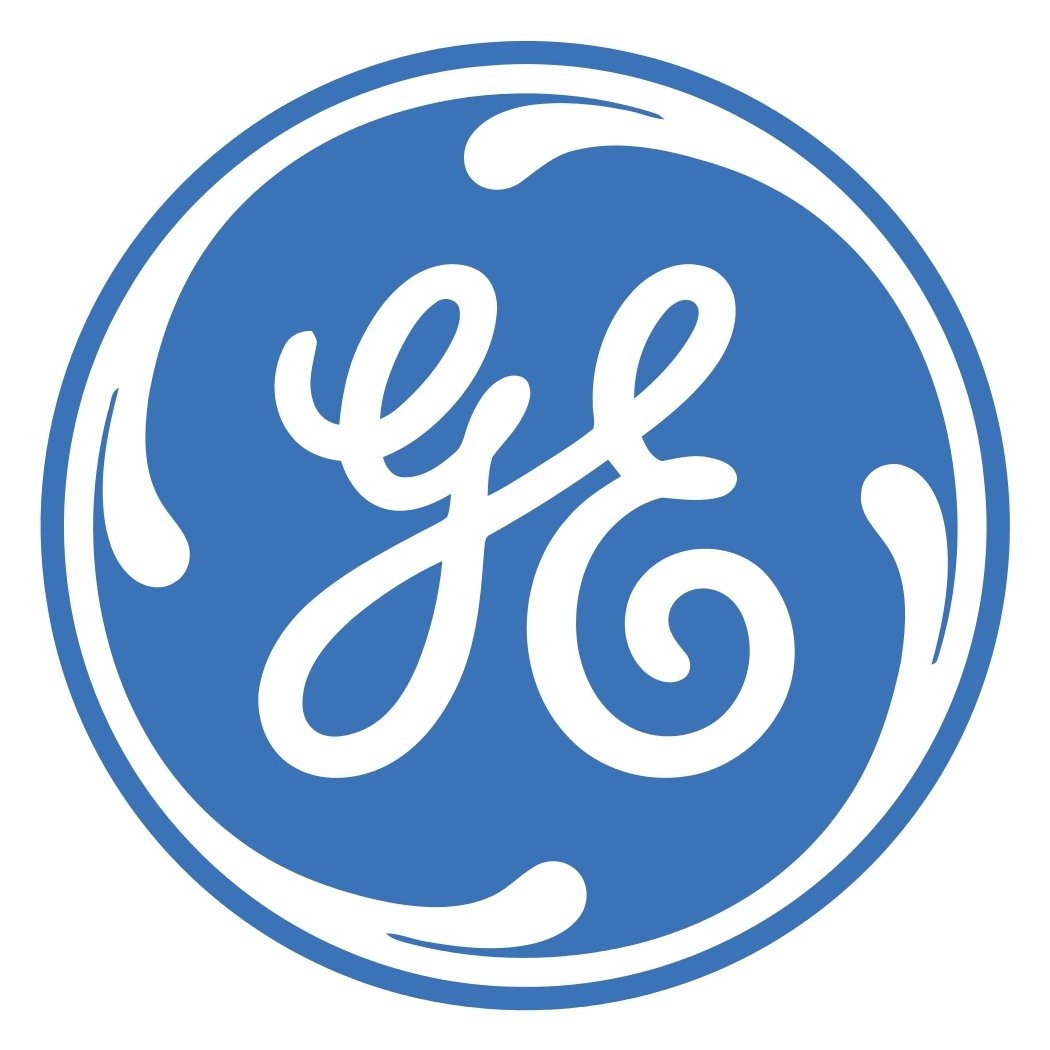

General Electric Co. (NYSE: GE) reported first-quarter 2018 results before markets opened Friday. The conglomerate reported adjusted earnings per share (EPS) of $0.16 on revenues of $28.66 billion. In the same period a year ago, GE reported adjusted EPS of $0.14 on revenues of $26.88 billion. First-quarter results also compare to the consensus estimates for EPS of $0.12 on revenues of $27.52 billion.
While GE’s earnings report will look awful to anyone only looking at the past, this marked a big hurdle for GE to clear and some investors are likely to have a little less fear about the conglomerate’s questionable future after the report.
In the company’s industrial segment, organic revenues slipped 4% to $23.82 billion. Adjusted operating earnings in the industrials segment rose 16% year over year to $1.42 billion, and adjusted profit margin rose from 9.6% to 10.2%.
GE’s adjusted structural costs in its industrial sector fell by $805 million year over year to $5.73 billion. The segment’s free cash flow improved by $1.07 billion but remained at negative $1.68 billion.
CEO John Flannery said:
Aviation, Healthcare, Renewables, and Transportation grew earnings, and [Baker Hughes] continues to execute on its plan. Power is making progress on cost actions and operational and services execution, but the industry continues to be challenging and is trending softer than our forecast. We are working to resolve legacy matters in our discontinued operations, and we recorded a reserve of $1.5 billion related to the WMC FIRREA investigation. We are making significant progress on the $20 billion of dispositions planned for 2018 & 2019. There is no change to our framework for 2018.
GE also noted that its industrial segment backlog during the quarter rose 7% year over year to $372.3 billion. New orders rose 10% to $27.4 billion, but they were down 29% in the Power segment, where the backlog was also down 2% to $95.9 billion. The Renewable Energy’s backlog of $16 billion is up 28% year over year, and the Aviation backlog of $201.6 billion is 12% higher.
GE reaffirmed its 2018 guidance, calling for adjusted EPS in the range of $1.00 to $1.07 and free cash flow in the industrials segment of $6 billion to $7 billion. Analysts have forecast second-quarter EPS of $0.22 on revenues of $29.95 billion. For the 2018 fiscal year, the current consensus calls for EPS of $0.96 on revenues of $123.12 billion.
GE stock has dropped about 20% in 2018 and traded down more than 53% over the past 12 months. This morning’s surprising profit beat may be no more than a sugar rush. Pretax earnings from continuing operations rose from $39 million a year ago to $519 million, including GE Capital. Excluding GE Capital, pretax profits rose from $86 million to $734 million. The company’s effective tax rate fell from 27% to 15%, courtesy of the December tax law changes. The adjusted tax rate fell from 32% to 25%.
Shares traded up more than 6% in Friday’s premarket session, at $14.85 in a 52-week range of $12.73 to $30.38. The stock closed up about 2.4% on Thursday at $13.99. The 12-month consensus price target was $17.40 before results were announced.
UPDATE at 12:45 PM EST: GE shares were last seen trading up 3.7% at $14.52, with about 120 million shares having traded hands.
Take This Retirement Quiz To Get Matched With A Financial Advisor (Sponsored)
Take the quiz below to get matched with a financial advisor today.
Each advisor has been vetted by SmartAsset and is held to a fiduciary standard to act in your best interests.
Here’s how it works:
1. Answer SmartAsset advisor match quiz
2. Review your pre-screened matches at your leisure. Check out the
advisors’ profiles.
3. Speak with advisors at no cost to you. Have an introductory call on the phone or introduction in person and choose whom to work with in the future
Take the retirement quiz right here.
Thank you for reading! Have some feedback for us?
Contact the 24/7 Wall St. editorial team.



